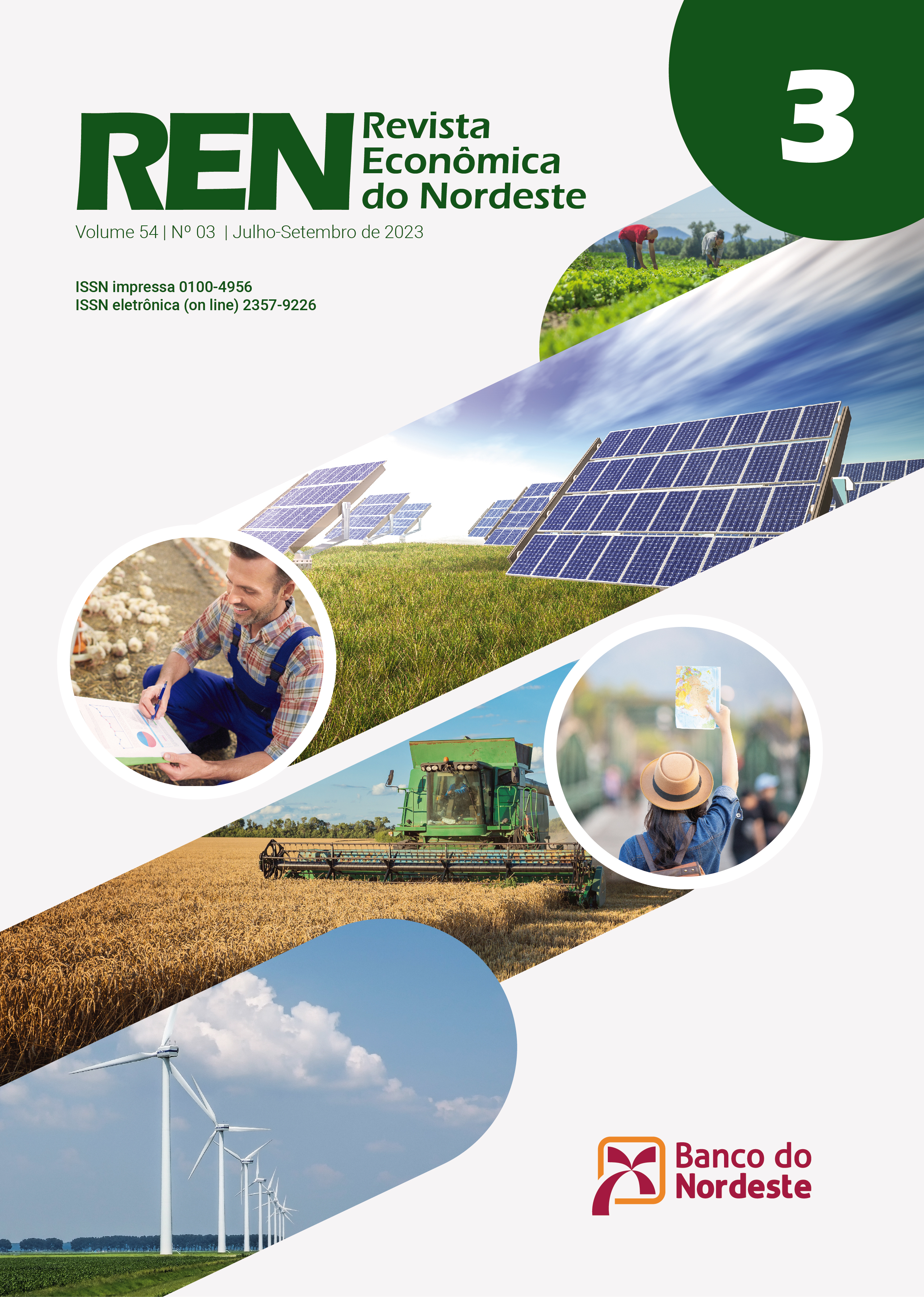PUBLIC POLICIES FOR THE PRIMARY SECTOR ALIGNED WITH LOW CARBON EMISSIONS: MAPPING AND TERRITORIALIZATION OF LOCAL PRODUCTIVE ARRANGEMENTS IN SÃO JOSÉ DOS PINHAIS
DOI:
https://doi.org/10.61673/ren.2023.1392Keywords:
Territorialization, APLs, Low Carbon Agriculture, Environmental Financial CompensationAbstract
Considering the importance of São José dos Pinhais in the production chain of the primary sector in Paraná and the environmental and economic sustainability in the productive activities of the field, this work analyzes some of the largest local productive arrangements in São José dos Pinhais. Through the SWOT matrix, the greatest productive strengths and opportunities were identified, as well as the greatest productive threats and weaknesses. The Low Carbon Emission Agriculture Plan and the National Plan for the Recovery of Native Vegetation are public policies that already exist in Brazil, but which do not include an environmental financial compensation for agribusiness. Thus, this work suggests the creation and implementation of financial compensation for environmental exploration (CFEA). Horticulture, cereal production, chicken and beef farming were identified as strengths in some regions. The weaknesses identified in some regions were the creation of goats, pigs and chicken and the production of fruits and cereals. The alignment of the Low Carbon Emissions Agriculture Plan with environmental sustainability is only possible through the territorialization of the productive area, mapping carried out in this work.
Downloads
Downloads
Published
How to Cite
Issue
Section
License
Copyright (c) 2023 Revista Econômica do Nordeste

This work is licensed under a Creative Commons Attribution 4.0 International License.








